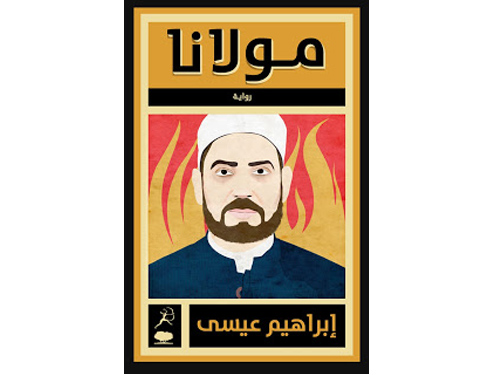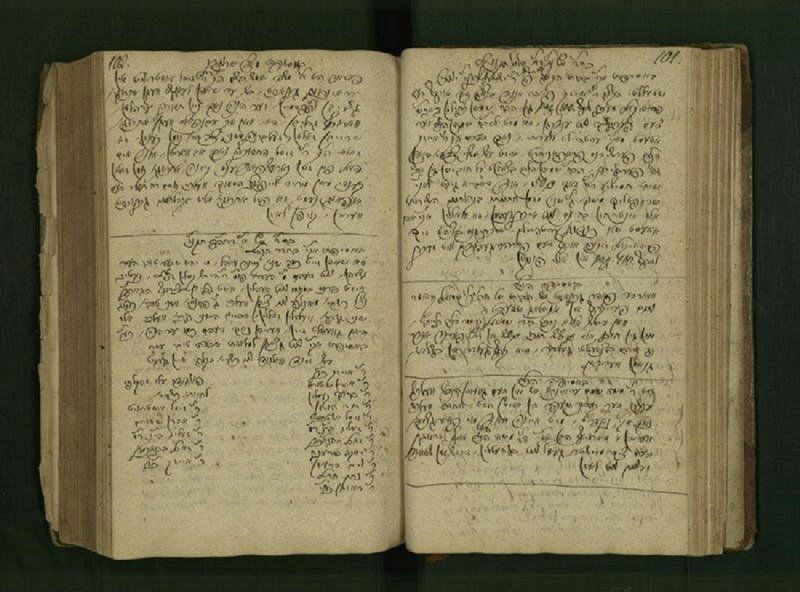
The release of the International Prize for Arabic Fiction (IPAF) longlist was overshadowed Thursday by the previous day’s clashes outside Egypt’s presidential palace.
Nonetheless, publishers and authors held muted celebrations for the sixteen novels on this year’s IPAF longlist, popularly known as the “Arabic Booker.” Three were by Egyptians, including Ibrahim Eissa’s best-selling “Mawlana,” which is already being made into a TV series. The other two Egyptians on the longlist were Sawiris-winning short-story writer Mohammed Abdel Nabi, for his novel “The Return of the Sheikh,” and Ashraf El-Ashmawi, for his novel “Toya,” which takes place between England, Egypt, and Kenya.
There was, by and large, an absence of novels inspired by uprisings and events of 2011 and 2012. The IPAF news release noted that, “Whilst the Arab Spring did feature heavily across this year’s submissions in general, the judges noted that the subject still needs some time to mature.”
Books by a number of well-known authors made this year’s list: celebrated Lebanese novelist Hoda Barakat was longlisted for her novel “The Kingdom of This Earth” and Elias Khoury, who is often mentioned for the Nobel Prize for Literature, was longlisted for his “Sinalkol.” Last year’s IPAF-winner, Rabee Jaber, made the list for the third time with his latest novel about Lebanon’s civil war, “The Birds of Holiday Inn.” Other IPAF laureates were Palestinian novelist Ibrahim Nasrallah, who made the longlist this year for the latest of his historical novels, “Lanterns of the King of Galilee,” Iraqi novelist Muhsin al-Ramli for “The President’s Gardens,” and Algerian Waciny Laredj for “Lolita’s Fingers.”
The IPAF news release also noted that the judging panel “did not allow themselves to be influenced by the fame of the writer,” and there are a number of new names, too. The young Lebanese author Jana Elhassan made the list with her second novel, “I, She and Other Women,” one of only two female authors on the longlist. “I am just so happy, I was actually shivering and jumping around,” Elhassan said. “You can say I have mixed emotions, you don’t expect to be recognized by your first or second novel, but I have really put so much effort into this work, and I tried to be as faithful as possible to writing.”
Thirty-one-year-old Kuwaiti author Saud Alsanousi also made the list with his second novel, “The Bamboo Stalk,” thus becoming the first Kuwaiti novelist to make an IPAF longlist. Kuwait-based Egyptian novelist Ibrahim Farghali chose “The Bamboo Stalk” as one of his favorite novels this year, saying, “It is a very well-written novel about a young half-Kuwaiti, half-Filipino guy who lived his younger years in the Philippines, then went back to his father’s country, Kuwait, to face his destiny in a very racially conscious society. The novel draws a very good and detailed picture of both cultures and of the contradictions in both of them.”
Thirty-three-year-old Saudi author Mohamed Hassan Alwan also made the list for his second novel, “The Beaver,” which he began writing at an IPAF-sponsored writing workshop in 2009. “The Beaver” is a portrait of a contemporary conservative bourgeois family in Riyadh.
The names of the judges will be revealed on 9 January 2013 in Tunisia, when the shortlist is made public. The winner is set to be announced on 23 April of next year in Abu Dhabi, on the eve of the Abu Dhabi International Book Fair.
The complete list:
“Ya Maryam,” by Iraqi novelist Sinan Antoon
“Toya,” by Egyptian novelist Ashraf El-Ashmawi
“The Kingdom of this Earth,” by Lebanese novelist Hoda Barakat
“I, She and Other Women,” by Lebanese novelist Jana Elhassan
“Jaffa Prepares Morning Coffee,” by Palestinian novelist Anwar Hamed
“The Beaver,” by Saudi novelist Mohammed Hassan Alwan
“Our Master,” by Egyptian novelist Ibrahim Eissa
“The Birds of the Holiday Inn,” by Lebanese novelist Rabee Jaber
“Sinalkul,” by Lebanese novelist Elias Khoury
“Lolita’s Fingers,” by Algierian novelist Waciny Laredj
“The Return of the Sheikh,” by Egyptian novelist Mohammed Abdel Nabi
“Lanterns of the King of Galilee,” by Palestinian novelist Ibrahim Nasrallah
“The President’s Gardens,” by Iraqi novelist Muhsin al-Ramly
“The Bamboo Stick,” by Kuwaiti novelist Saud Alsanousi
“His Excellency the Minister,” by Tunisian novelist Hussein Al-Wad
“The Goatherd,” by Algerian novelist Amin Zaoui




